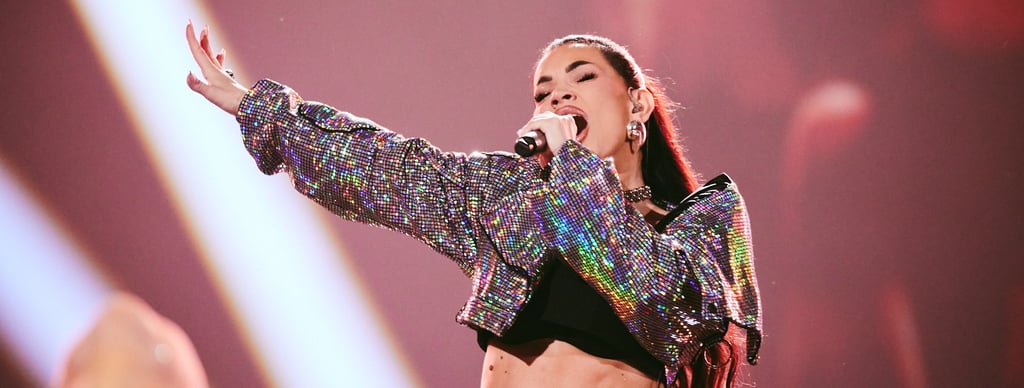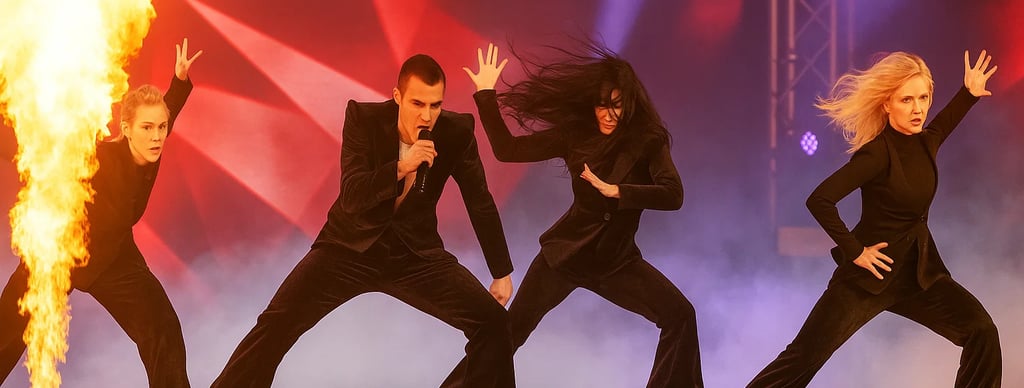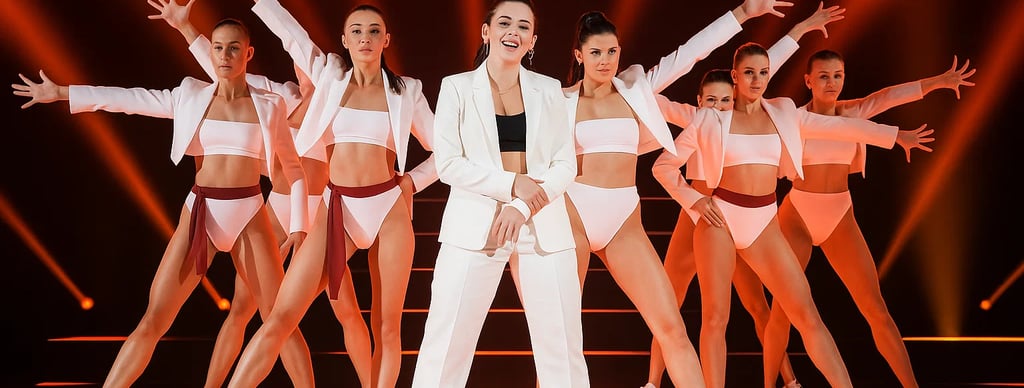Festivali i Këngës: Albania’s Most Iconic Music Stage
Where voices rise, legends are born, and the journey to Eurovision begins.


Every December, as winter descends upon Tirana and festive lights illuminate the city, Albanians turn their attention to one of the country’s most beloved traditions: Festivali i Këngës. This is not just a music competition; it’s an institution that has endured regime change, cultural shifts, and decades of evolving musical taste. For many, it is the heartbeat of Albania’s artistic identity—a platform where generations of singers, composers, and lyricists have showcased their talent, and where the journey to the Eurovision Song Contest begins.
To truly understand its importance, one must look beyond the performances and see how this annual event reflects Albania’s complex political past, cultural resilience, and its aspirations for global recognition.
A Festival Born in Isolation
The origins of Festivali i Këngës trace back to 1962, when Albania was under one of the most closed-off and authoritarian regimes in the world. Enver Hoxha’s dictatorship controlled every aspect of public life, including the arts, and Festivali i Këngës was initially a state-approved event used to promote ideologically sound music. Despite this, the festival quickly became one of the few national stages where music could flourish, albeit within strict boundaries.
Broadcast by RTSH, Albania’s national television and radio service, the festival gave the public a rare chance to gather around radios and TVs and hear new music created by their own people. Over time, it built a loyal following. Even though it operated under censorship, it offered a window into creativity—and hope.
The Golden Years of Albanian Song
Throughout the 1970s and 1980s, Festivali i Këngës rose to prominence as the most important musical event in the country. The festival featured Albania’s finest vocalists performing live with a full orchestra, and composers competed fiercely for a coveted place in the lineup. While the songs were constrained by the expectations of the regime, musicians found subtle ways to introduce innovation and emotional depth.
The festival became a celebration of artistic excellence. Winners were seen as cultural heroes, and their songs became national treasures, passed from generation to generation. For many Albanians, Festivali i Këngës was more than entertainment—it was a bright light in an otherwise repressive system.
Practical Information
When is it held?
Usually in mid to late December, often just before or during the week of Christmas. The festival spans three nights: two semifinals and a grand final.
Where is it held?
At the Palace of Congresses (Pallati i Kongreseve) in Tirana, Albania.
Can the public attend?
Yes, tickets are available, but demand is high. Visitors should check RTSH announcements in advance to secure a seat.
How can you watch it?
Live on RTSH 1, Albania’s national television broadcaster.
Livestreamed on RTSH’s official website: https://rtsh.al
International fans can also find recaps, reactions, and subtitled performances on YouTube and Eurovision-related sites.
Where to stay?
The best accommodation options are in central Tirana, especially near Skanderbeg Square or the Blloku district, both within walking distance of the venue.
Other tips:
Arrive early, especially on final night—expect heavy foot traffic and limited parking.
Dress formally if attending in person, as the event has a traditional gala atmosphere.
For updates, artist lineups and full show archives visit the official broadcaster’s site: https://festivali.rtsh.al/


The Shift to a New Albania
With the fall of communism in the early 1990s, Festivali i Këngës underwent a dramatic transformation. Freed from ideological restrictions, artists began experimenting with a wider range of themes and musical styles. Love songs, social commentary, and emotional ballads replaced the propaganda of the past. The festival retained its signature live orchestra but opened up to pop, jazz, and even elements of rock.
A major milestone came in 2003, when Albania was granted entry into the Eurovision Song Contest. Rather than creating a new competition to select its entry, Albania decided to use Festivali i Këngës as its official national selection. Since 2004, the winner of the festival has represented Albania at Eurovision, linking this local tradition to one of the largest televised music events in the world.
The success of Albania’s first Eurovision entry, Anjeza Shahini’s “The Image of You,” which placed in the top ten in 2004, confirmed the festival’s international potential. This new Eurovision connection brought greater visibility and higher stakes, drawing the attention of not only Albanians at home and abroad, but also international fans curious to see what Albania would send each year.
A Unique and Theatrical Experience
What sets Festivali i Këngës apart from other music festivals—especially Eurovision national selections—is its commitment to a more classical, elegant, and theatrical presentation. The festival’s use of a full live orchestra lends a grandeur and authenticity to each performance, challenging artists to deliver complex vocals and musical arrangements in real time. Unlike the pre-recorded, choreography-heavy shows of other countries, FiK focuses on musicianship, storytelling, and the emotional power of voice and composition.
The atmosphere is formal. Hosts are dressed in glamorous gowns and tailored suits, and the tone of the event often leans toward the poetic rather than the pop-cultural. This has helped the festival preserve its identity even as it adapts to the changing tastes of younger audiences.
FiK is especially known for its love of big ballads, dramatic crescendos, and powerful vocal performances. Many of the songs feature poetic Albanian lyrics filled with metaphor and symbolism, reflecting the country’s deep literary traditions. At its best, FiK creates a space where tradition and innovation coexist, and where artists can blend national identity with personal expression.
Not Without Its Controversies
Over the years, Festivali i Këngës has also faced its share of criticism and debate. For much of its history, the winner was chosen solely by a jury of music experts, which led to repeated allegations of favoritism, bias, or backstage politics. Only in recent editions has the public been given a voice through televoting, and even then, its weight in the final decision has varied.
There have also been technical complaints—issues with sound mixing, dated staging, and a resistance to modern production values, particularly when compared to glossier European shows. Some Eurovision fans argue that FiK’s traditional focus on long, introspective ballads does not always translate well to the high-energy, three-minute pop format of Eurovision.
Despite these challenges, the festival retains its prestige. Its legacy and symbolism are deeply rooted in Albanian culture, and for many artists, simply appearing at Festivali i Këngës is a milestone in their career. Through the decades, the festival has helped launch or define the careers of many major Albanian artists—from Vaçe Zela and Parashqevi Simaku to Elsa Lila, Rona Nishliu, Eugent Bushpepa, and many more. Each edition adds a new layer to its legacy.








